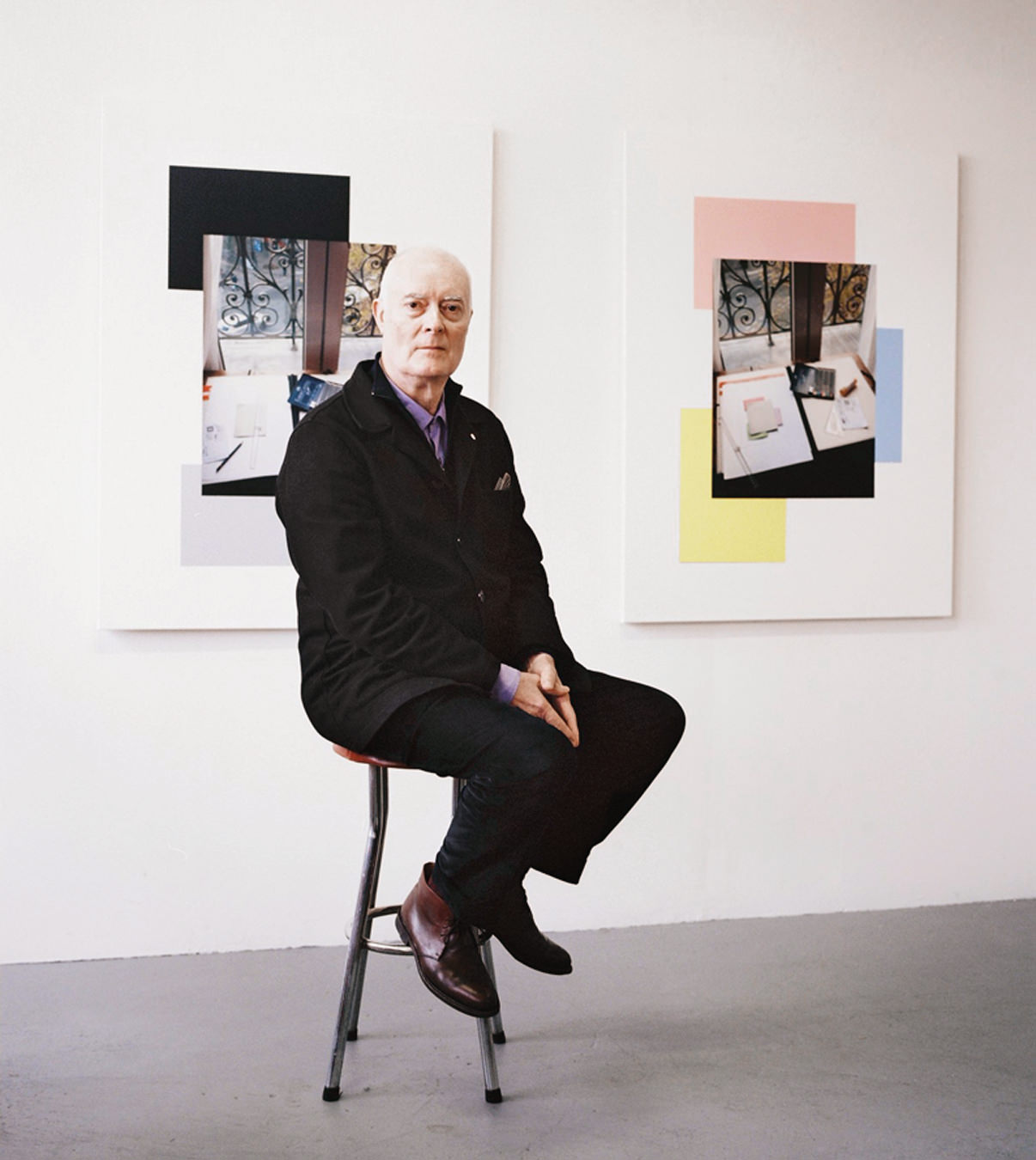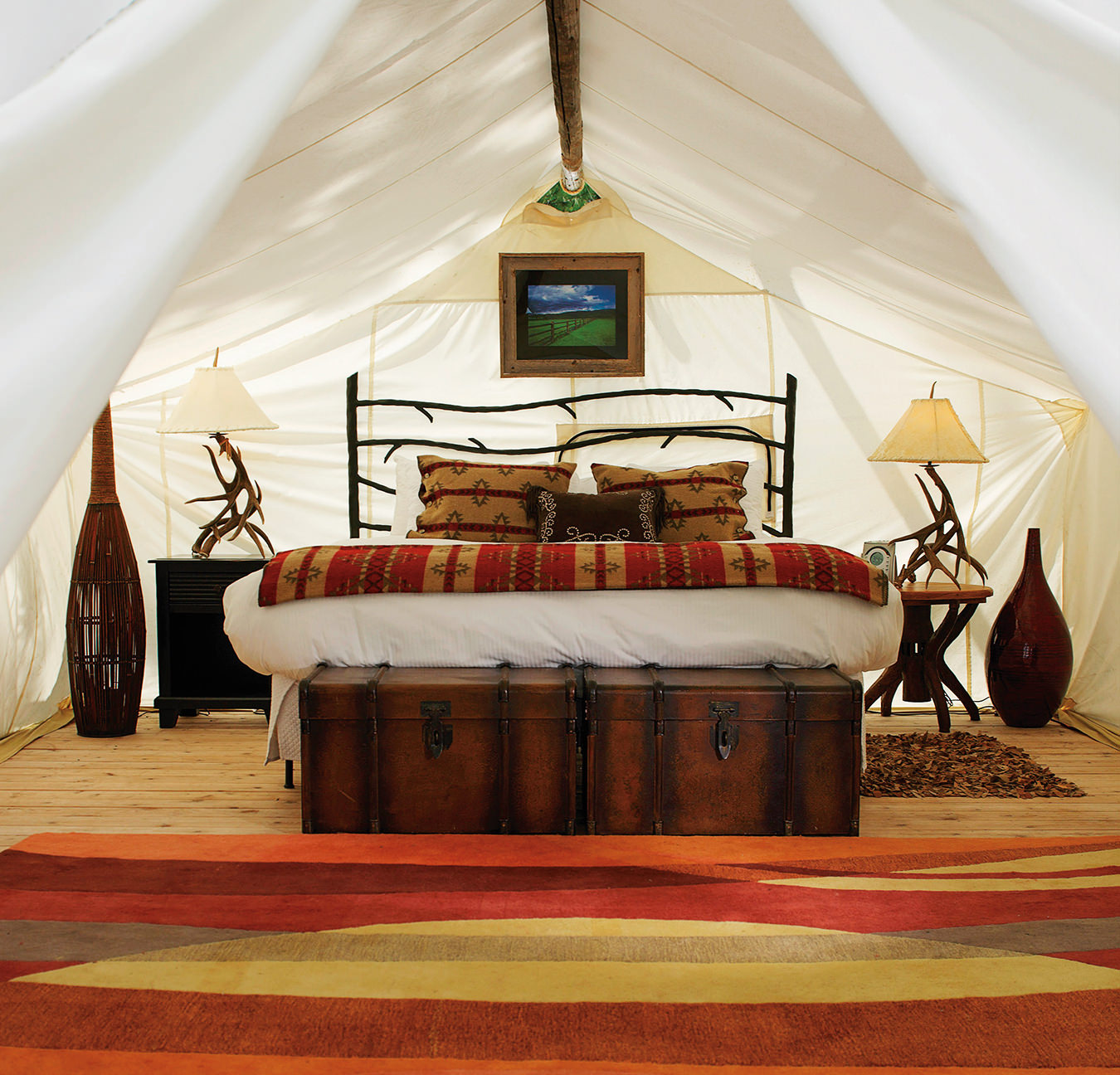KWENCH: Culture Born from the Coworking Boom
Three years ago, Tessa McLoughlin, an event director and a manager of coworking venues, was looking for a space of her own. Like so many inspired city dwellers with a plan but nowhere to put it, she was frustrated. However, as her real estate agent led her out of an old health store near Rock Bay in Victoria, McLoughlin asked about a door that led up to the double-roofed attic of the block-long building built by the infamous Francis Rattenbury. Dismissing it but giving into McLoughlin’s curiosity, the agent led her up the stairs to see the expansive space. It was perfect, or would beafter a bit of renovation.
The 25,000-square-foot loft now houses KWENCH (knowledge, wellness, experience, novelty, curiosity, and connection brings health and happiness), a multi-disciplinary coworking space that houses professionals in Victoria. As a newly single mother in 2012, McLoughlin synthesized the idea for KWENCH from her own dissatisfaction over the stress of self-care routines and the whispers of “coworking” from New York and LA. “In order to maintain a happy life, I am making myself unhappy, because I am too busy,” she reports on her thoughts back then. It’s a sentiment all too familiar to people trying to balance health and work.
McLoughlin had worked in transition houses north of Whistler and seen the disconnection and separation of community in society at large. She went to see Facebook and Google owned Alphabet offices and, put off by the large open spaces where people saw everything but knew few people around them, realized that a culture and community were missing; her space needed to be more like a club.
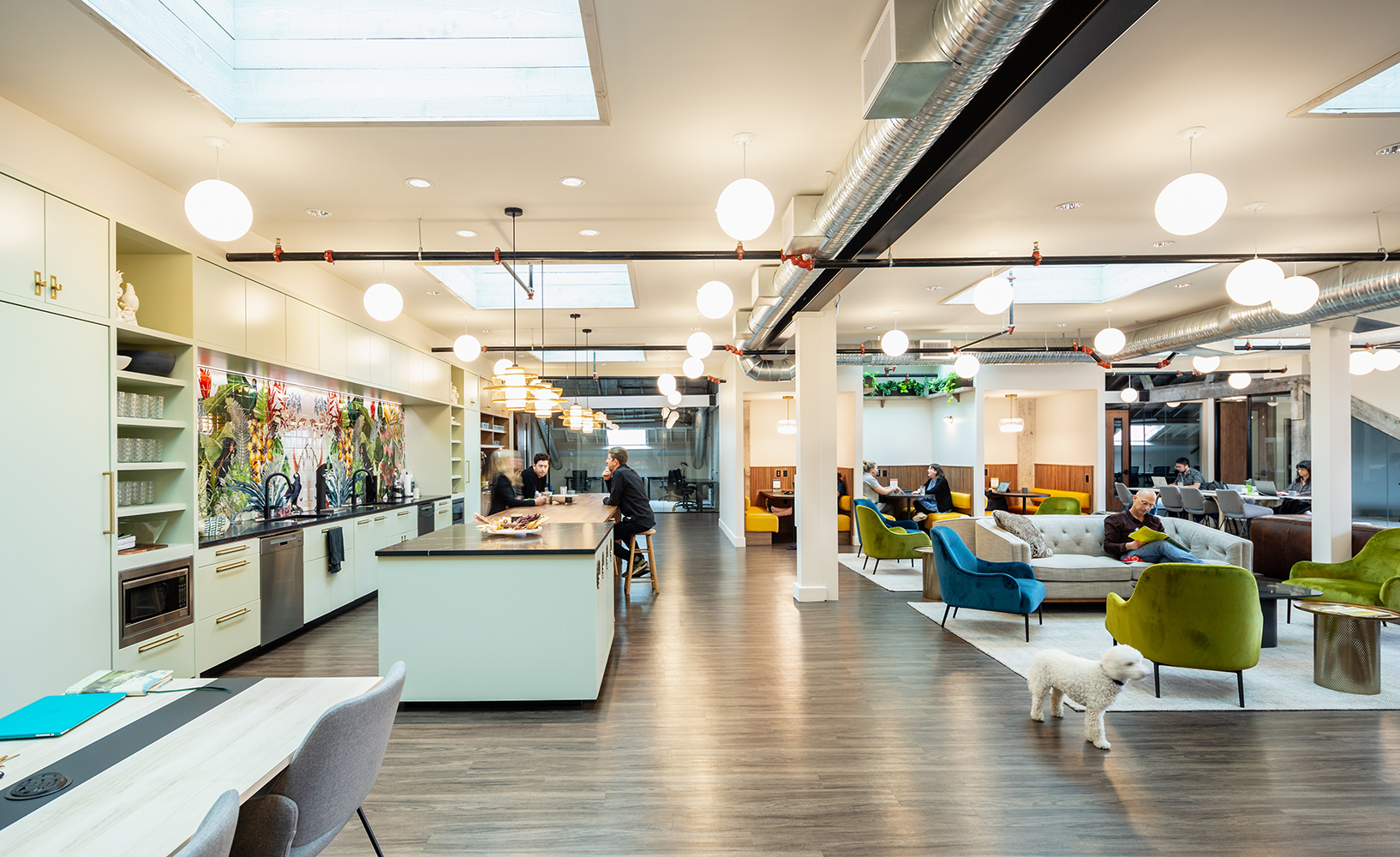
What’s certain is the elegance of the building’s design (Hansenbuilt Design) and experimenting with multiple different models in order to re-envision work in the digital age.
“I knew I wanted it to be a culture club,” she says, “because I have a background as a musician and I’ve always been around multidisciplinary people.” And in this way, McLoughlin hopes to set herself apart from other coworking spaces.
I’ve written about the tendency of labour trends to sugar-coat exhaustive work tendencies and untenable business models in the digital age, but McLoughlin is learning from what has come before. “Look,” she says, “WeWork serves a good purpose. It has been good for our industry in that it lets people know the benefits of coworking.” What it lacks, according to McLoughlin, is the service. KWENCH, on the other hand, is run by five women who pride themselves on being on a first-name basis with all the members. “It’s really more about providing services to remove business and facilitate happiness,” she explains.
And the services provided live up to her claims. Members of KWENCH get two fitness classes a week, have access to a podcast studio, hair salon, and massage room, and soon a restaurant will be installed. The horizontal layout makes the space more like a club than an office, and McLoughlin likens it to a combination of the Soho House and WeWork, differentiating it from the latter in that it’s all on one floor: “If you build up like a WeWork does or other coworking spaces do, you play into habit. We are all creatures of habit. If you work on the 12th floor, you’re just going to go to the 12th floor.”
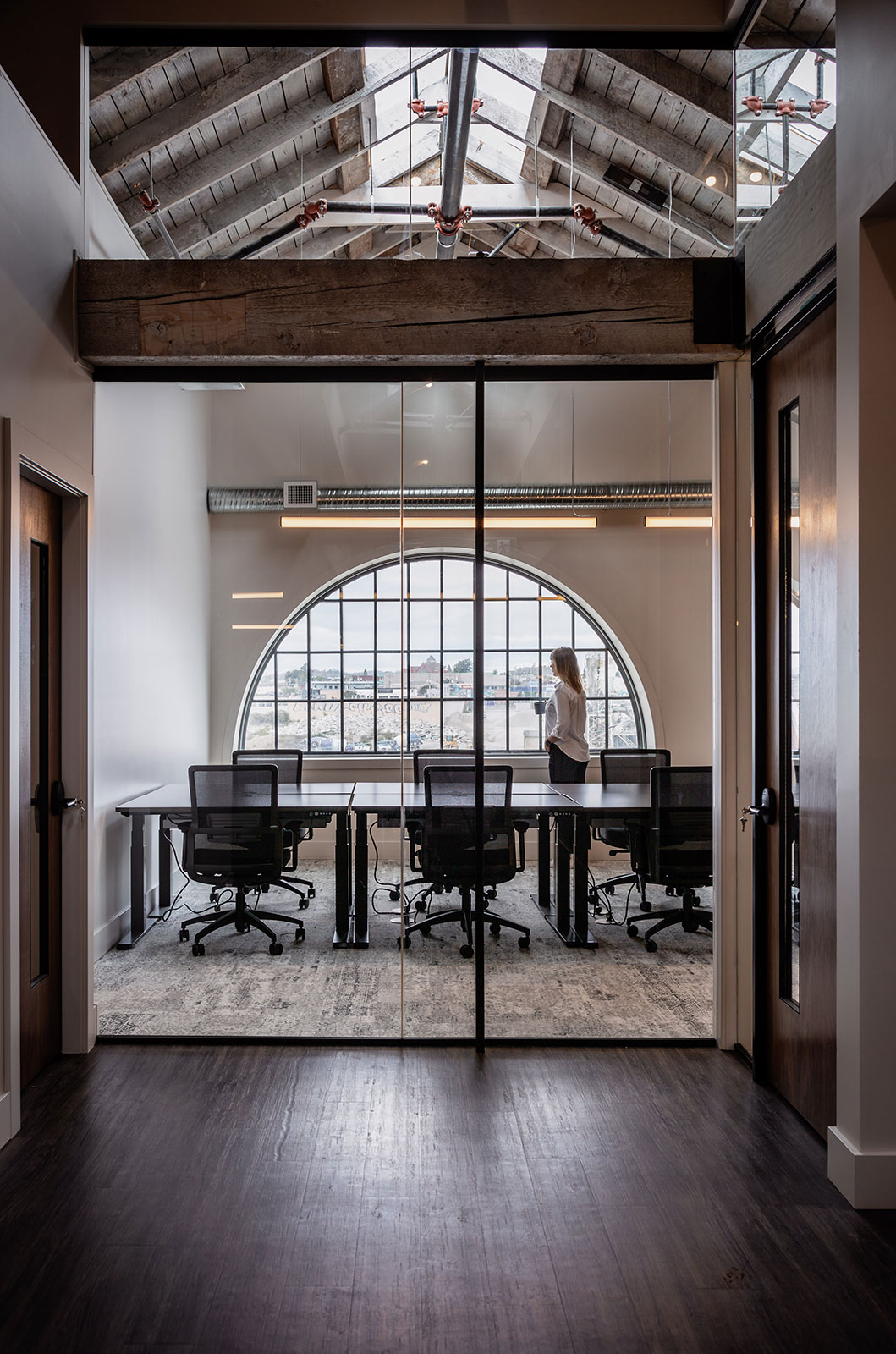
Open space, “hot-desks” and individual offices are all options for members.
What makes KWENCH more than a mercenary office with perks? At first glance, it’s the insistence on cohesion among the members, even when they are working with different companies and on different schedules. “We don’t sell space, we sell culture,” McLoughlin says, “Yes, we need to sell offices, because that’s how we make our revenue. But they should come because people want to be part of the culture.”
One thing that definitively sets KWENCH apart and gives me hope for the coworking model is its commitment to the arts. The organization plans on putting together a magazine, already has a speakers series, hosts musical events, and gives space for rehearsals to local groups. It also doesn’t allow single use plastics, giving the concept a sustainable twist. “It’s the responsibility of all of us who own businesses to be conscious corporate and social citizens,” McLoughlin notes.
This requires a careful cultivation of the initiatives and relationships developed within—a balance that can be difficult to maintain with the frenzy of growth and investment that meet ideas such as McLoughlin’s. She admits she is often torn now that KWENCH has excited investors. She loosely follows Dunbar’s theory of growth, which asserts that people can only have a certain amount of relationships in their network before they get overwhelmed or start replacing them. The community comes first and is a valuable part of what McLoughlin is selling. “You’re missing the physical and energetic connection,” McLoughlin says of working from home or in an open space office where everyone is close physically yet distant emotionally. Because of this, McLoughlin wants to keep each KWENCH tight-knit (there are plans to open more down the West Coast and in Australia). But expansion has to be thoughtful and controlled if the seed of culture that McLoughlin has planted can survive the stresses of proliferation.
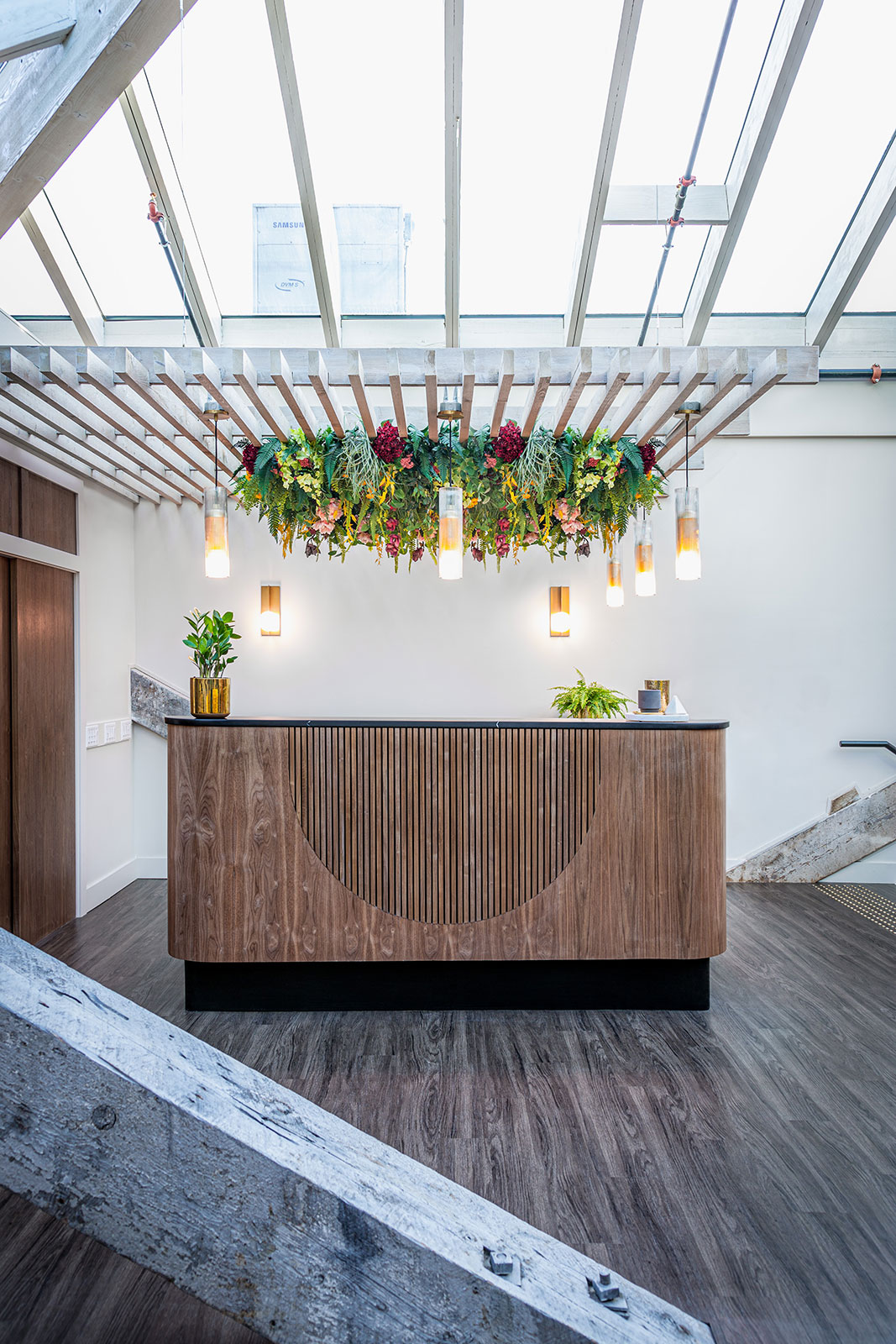
The all-female staff greets every member who enters KWENCH by name.
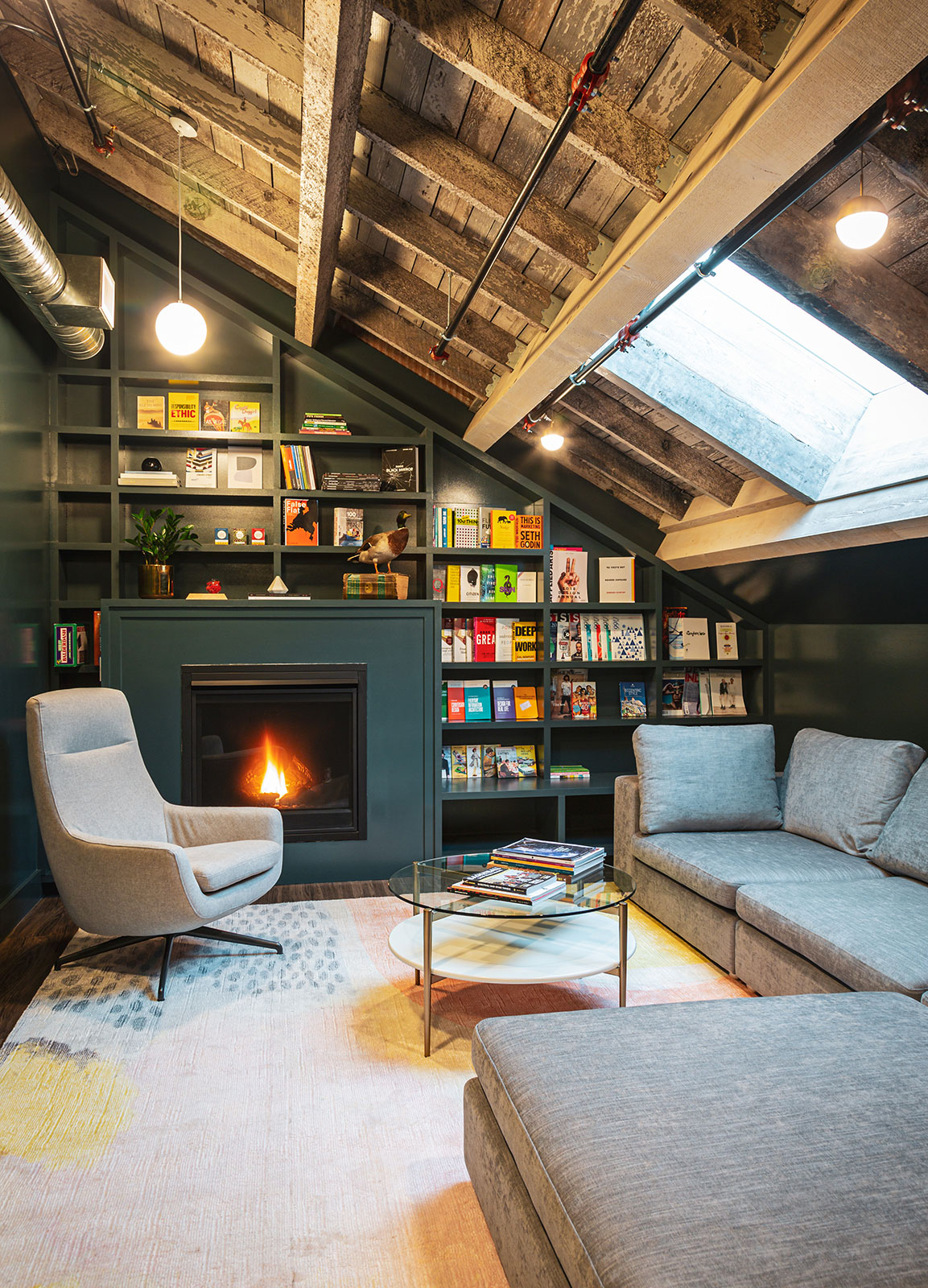
The framework of the “club” and a focus on the local arts and culture that KWENCH presents can help move coworking in the direction of rehabilitating community and mitigating the stress of the hustle.
_________
Never miss a story. Sign up for NUVO’s weekly newsletter here.



